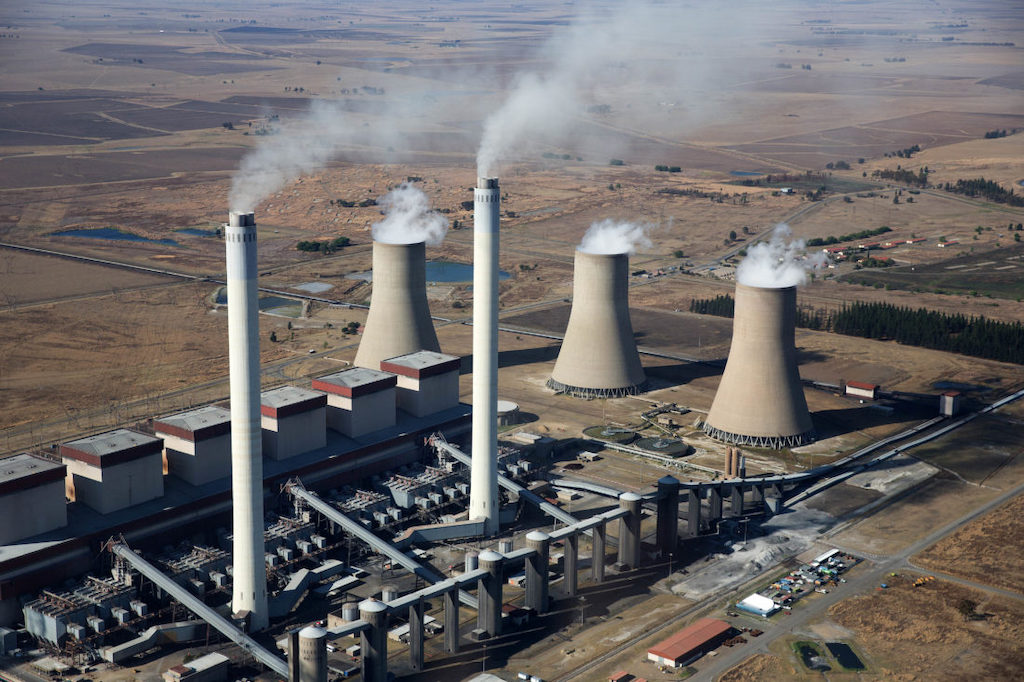7 Big Signals That Prove The End Of Fossil Fuels Is On The Horizon
4 Mins Read
Are fossil fuels really on the way out?
For years, climate scientists and environmental activists have been calling for the end of fossil fuels as the number one thing that must happen if we are to save the planet. They have fought tooth and nail to push back against the dirty energy industry’s billion-dollar efforts to spread disinformation and sow public doubt over climate change, campaigned to raise awareness about the devastating health, environmental and economic consequences of continued inaction. But now, it looks like fossil fuel giants are going to be facing some dark days ahead. Here’s why.
1. Shell ordered to cut emissions by 45%
In what many industry watchers have described as a “turning point” for fossil fuels, the world’s largest private oil trader Royal Dutch Shell was ordered to slash its greenhouse gas emissions by 45% by the end of the decade by a court in the Netherlands. It marked the very first time that a company has been legally bound to change its business practices and align its policies with the Paris agreement.
2. Investor rebellion at ExxonMobil
At ExxonMobil’s annual shareholder meeting in 2021 activist hedge fund Engine No. 1 managed to rally up enough support – including the world’s largest asset manager BlackRock and New York’s state pension fund – to force the company to diversify away from dirty oil and gas. The biggest American oil company now has two dissidents on its 12-member board who are going to hold the firm accountable over climate action.

3. Australian teenagers’ case against Whitehaven coal mine establishes duty of care to future generations
Eight teenagers went to court to stop the Australian government from approving the giant Whitehaven coal mine project. While the federal court didn’t issue an injunction as the teenagers sought, Justice Mordecai Bromberg agreed that the Australian environment minister Sussan Ley had a legal obligation not to cause younger generations “startling” harm by exacerbating climate change with new coal mines. Experts say that there is now a legal precedent of duty of care being set, opening the door to claim damages as a result of inaction over the climate crisis.
4. Another rebellion – this time at Chevron
Chevron’s shareholders rebelled against the company’s board, with 61% voting in favour of a proposal put forward by activist group Follow This to force the company to slash its carbon emissions. It’s the third successful campaign Follow This coordinated this month, after it won votes to ensure ConocoPhillips and Phillips 66 would also slash its emissions. Quite remarkably, Chevron won’t just have to reduce its own emissions – the big oil giant is also going to have to slash the footprint coming from its oil and gas-burning customers.
5. World energy watchdog orders no more new fossil fuels
The global energy watchdog International Energy Agency (IEA) has spoken out clearly this time, saying in a landmark report that there must be no more new oil, gas or coal if we are to reach net-zero emissions by 2050, as outlined under the Paris agreement. From now, IEA says there should no longer be any investments into fossil fuel projects and no more sales of internal combustion engines by 2035. It followed an earlier call from the agency that renewables have proven over the pandemic to be the only source resilient to energy shocks.

6. Divestment gains momentum at universities
After years of campaigning, a number of prominent U.S. universities have pledged to divest from fossil fuels. Yale has announced that its multibillion-dollar endowment will now follow ESG guidelines, while Rutgers University says it’ll divest from all fossil fuel investments and reinvest in renewable energy projects within one year. These moves come shortly after similar commitments made by the USC, Brown, Columbia and Georgetown.
7. Fossil fuel’s plastic pollution role exposed
Beverage giants like Coca-Cola and Pepsi are often the first companies that come to mind when plastic waste is mentioned. Now, a new report has exposed the real culprits who are the source of the problem: the small group of twenty petrochemical businesses who are behind more than half of global single-use plastic pollution. Topping the list was ExxonMobil, followed by Dow and Sinopec.




